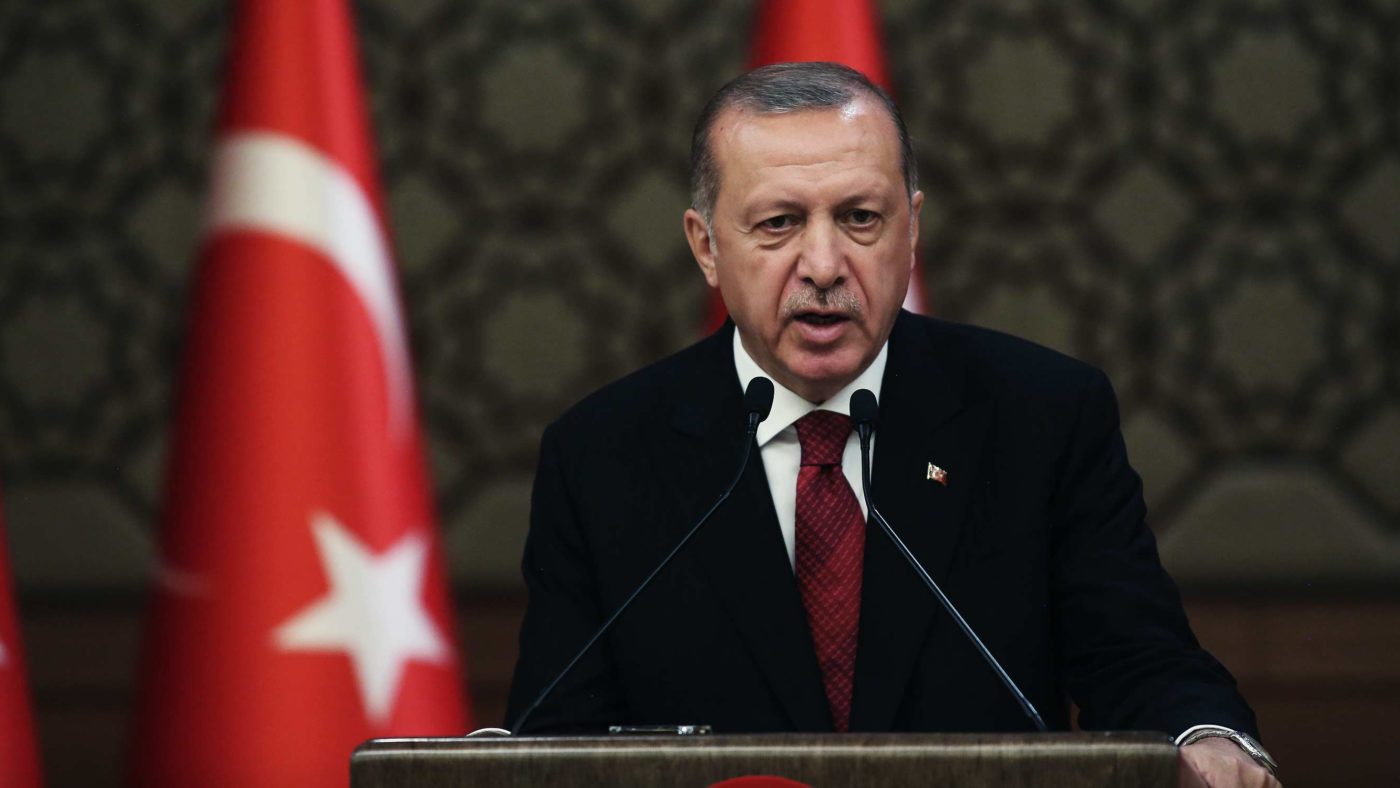Turkey’s ongoing economic crisis is a tragedy for the country’s people. Indeed, its problems are so severe that they also constitute a threat to the global economy.
Yet this sorry saga, played out under the amateurish supervision of Turkey’s increasingly autocratic President, Recep Tayyip Erdogan, is another thing too: a rebuttal of the mistaken but oddly vogueish notion that strongmen get things done; that liberal democracy gets in the way of effective government; and that freedom and prosperity need not go hand in hand.
Ironically, the pre-eminent proponent of this view is Erdogan’s biggest economic antagonist. In all that he says and does, Donald Trump conveys a mixture of fawning admiration and jealousy of omnipotent autocrats not subject to all the pesky checks and balances getting in his way. If only I had the power you had, then we’d really make America great again. Or so the thinking goes.
Turkey is a reminder that nothing could be further from the truth. The country’s present problems exist because of, not in spite of, Erdogan’s authoritarian style. Turkey’s slide away from liberal democracy and the collapse in faith in the country’s economy cannot be untangled from one another.
The most obvious illustration of the link between the two is the tariffs imposed by Trump in response to the imprisonment of an American evangelical pastor.
Yet the connection goes far deeper, with investors realising that Erdogan has unchecked control of the levers that will determine Turkey’s economic fate – and not exactly liking the sound of that.
In appointing his son-in-law as treasury and finance minister and pressuring the central bank to follow his eccentric theory that “the lower the interest rate is, the lower inflation will be”, he has demonstrated both his economic policy-making power and exactly why he is ill-equipped to wield it.
Erdogan’s hollowing out of the central bank is symptomatic his treatment of all the institutions that matter in Turkey.
The result is a strongman so weak he now depends on the generosity of Qatar and has resorted to exhorting Turks to smash their iPhones as a protest against US tariffs.
Thanks to a few jolts to the system, there has been much fretting about the fragility of liberal democracy in recent years. But, despite some undeniable but fixable faults, the system looks a lot more fragile than it in fact is.
In autocracies, weakness poses as strength. In democracies, the opposite is true.
Yet the key to victory for those who believe in both economic and political freedom is not in learning lessons from rival systems. It is in democracy’s own values. Too many of those in Europe most alarmed about liberal democracy’s future show contempt for the views of voters and disregard for liberalism’s founding values.
They favour a technocratic style of government that puts as much distance as possible between important decisions and the people those decisions affect. They shut down debates on important subjects.
In doing so, they are opting for rigidity when flexibility is the only thing that will stop the system from breaking. And that stubbornness will spell disaster for them in the same way it will do for many of strongmen like Erdogan that they rightly loathe.
This article is taken from CapX’s Weekly Briefing email. Sign up here.


